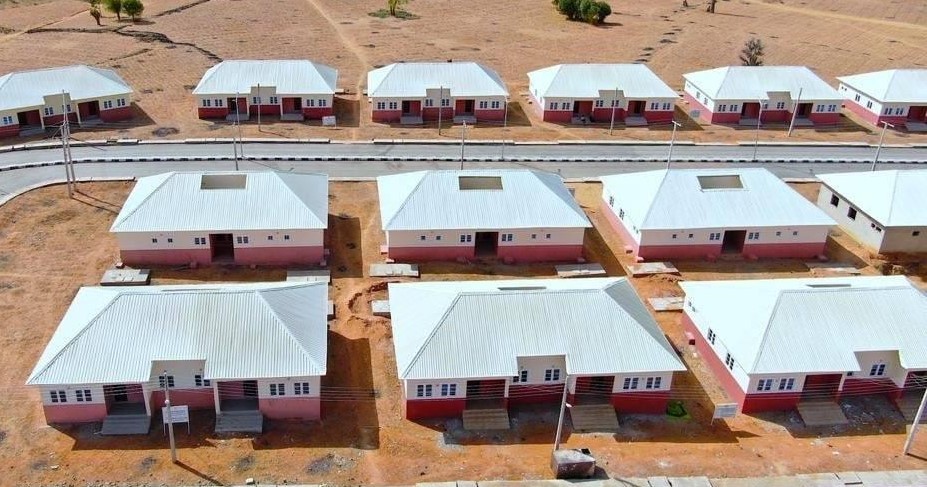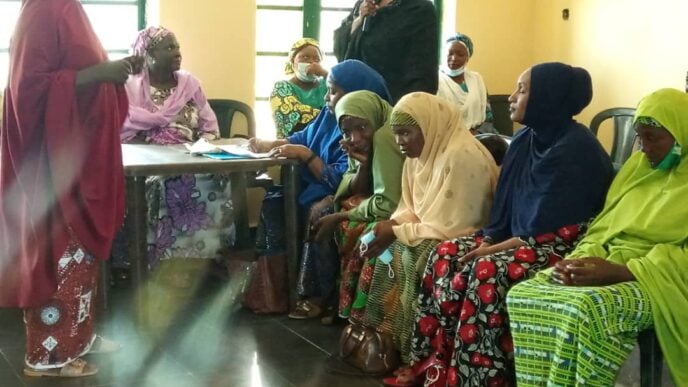Stakeholders in Nigeria’s real estate sector have raised the alarm over the high cost of land, describing it as a major contributor to the country’s worsening housing deficit.
Speaking at the unveiling of a residence on Friday in Abuja, Williams Olatunbosun, a real estate developer, said government intervention is critical to reducing land costs and making housing more affordable for low and middle-income Nigerians.
Olatunbosun, Casalavoro’s managing director and CEO, said affordability and long-term access to finance are key pillars in addressing Nigeria’s housing crisis.
“The major reason for the high cost is the cost of the land and development. If the government can support in terms of low cost of the land, in terms of partnerships, to build communities, if the cost of the land goes down by 50 percent, the cost of housing will go down by 50 percent,” he said.
Advertisement
“We have done our calculations and realised that building something great is possible, even with 50 million. The national housing fund (NHF) has increased the mortgage loan to N50 million.
“Many people who are public servants can access a N50 million loan. We’ve looked at that benchmark: the cost of building and selling a project.
“If we look at it, basically, we can’t say the cost, but we can assume if you have N50 million naira per building, by the number of about 97 million people in Africa, we’re looking at about N50 trillion.
Advertisement
“We could build 97 million houses that are unaffordable to people, but the cost of building has to be affordable. Then we have to have long-term access to finance.”
He added that Casalavoro aims to deliver 10 million housing units across Lagos, Abuja, and Port Harcourt over the next 5 to 10 years.
He said the vision is to develop self-sustaining, energy-efficient communities that ease the burden of housing and electricity on the masses.
“People need to be able to pay for houses within 20 years, and then, you know, most times people will get wealthier; they might clear it off in five years, but then they need that flexibility because a lot of times people can’t afford it. So it’s not just about building it; it’s really about the affordability and flexibility of payment.
Advertisement
“Our big goal is to have 10 million housing units within the next 5 to 10 years. It can’t be in one state. Ten million housing units means we probably have to do Lagos, Abuja, and Port Harcourt.
“And these are huge communities we want to build. And our primary goal for these communities is to make them self-sufficient and energy efficient so that they reduce the cost of electricity, you know, for the masses as well.
“There are many things that the government, you know, can also help with. Tax reductions are some of the things that the government can support.
“Government is an enabler. If they can give the right platform, like this access tax, and then encourage, you know, entrepreneurs to expand.
Advertisement
“The major key is access to finance. And then, you know, the low cost of buildings. Then I believe that this is possible. It was done in other countries, other countries in the world.”
Attah Ahiaba, a fellow of the Nigerian Society of Engineers, said the nation’s “housing deficit is in millions”.
Advertisement
He said that quality must go hand in hand with quantity when building houses, adding that meaningful progress cannot be made by the private sector in addressing the housing deficit without government partnership.
“And we are not just looking at quantity, we are also looking at quality. All with a view to sustainability in housing delivery. So, these are the things that are prompting us to launch into the estate market,” he said.
Advertisement
“It’s by partnering with governments and government agencies to lower the land cost. Because the capital cost of land is a significant factor in determining unit housing costs. So, our goal is to bring housing delivery close to the doorsteps of the common man.
“The only way we can do that is to reduce the land cost.”
Advertisement
John Adewumi, managing director of MJ Harvons Ltd, echoed similar concerns about the sector’s financial constraints, describing housing development as “a high-capital business.”
“Funding is always a challenge. This is a huge capital business, you know. You look at the cost of the land, the cost of putting the structure on it and the cost of finishing. It’s already in hundreds of millions,” he said.
Adewumi said government funding options for private developers rarely exceed N15 million, which he described as grossly insufficient.
“It’s a major challenge. Access to funding is not as easy as you think. Unfortunately, when it comes to government support, especially for medium and small-scale businesses, you know, it’s quite limited,” he said.
“So, you have to double your muscles to achieve this. The highest you can get in terms of government grants or loans or whatever it is, maybe 10-15 million. You definitely know that you can’t do anything with that.”
Developers at the event urged the federal and state governments to offer land subsidies, tax incentives, and flexible housing loan systems to accelerate affordable housing development.












